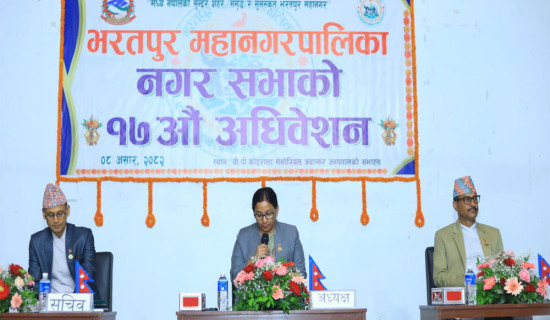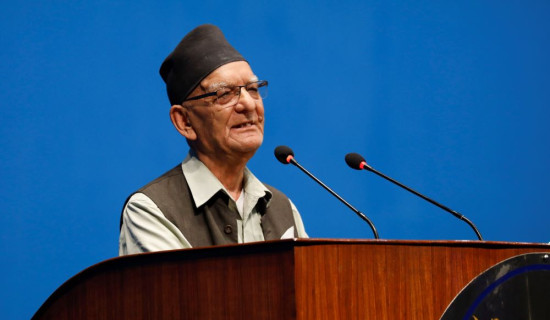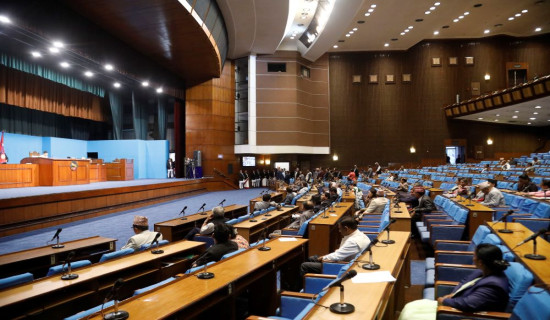- Monday, 23 June 2025
President Dhakal Stresses Stronger Collaboration with HCCN to Make Economic Diplomacy Effective
By TRN Online, Kathmandu, June 22: President of the Federation of Nepalese Chambers of Commerce and Industries (FNCCI) Chandra Prasad Dhakal called for stronger collaboration between the Government of Nepal and the Honorary Consular Corps–Nepal (HCCN) to make economic diplomacy more strategic, coordinated and impactful.
Speaking at an interactive workshop titled “Nepal’s Export
Trade: Status, Challenges, and Opportunities jointly organized by the Ministry
of Foreign Affairs’ Department of Economic Diplomacy and HCCN, Dhakal, who is
also the Dean of HCCN, underscored the untapped potential of honorary consuls
as Nepal’s economic ambassadors in over 66 countries.
“This partnership is not about aid or donations. It is about
trust, collaboration, and recognizing honorary consuls as practical economic
ambassadors, not just symbolic figures,” Dhakal said.
He stressed that HCCN members, many of whom come from strong
business and economic backgrounds, represent a powerful global network that
Nepal has yet to fully leverage.
These individuals, he added, promote Nepal internationally
using their own time, resources and networks, without burdening the government.
Highlighting the strategic role of HCCN, Dhakal pointed out
that its members are already involved in areas like trade, tourism, investment,
and diaspora engagement and can serve as vital bridges between Nepal and the global
economy.
He also praised HCCN's support during Nepal’s times of
crisis, such as earthquakes and floods, noting that this solidarity adds
further strength to a future-focused partnership.
Dhakal welcomed the creation of the Department of Economic
Diplomacy under the Ministry of Foreign Affairs, calling it a “timely and
necessary step” that can coordinate better with private sector stakeholders,
including FNCCI and HCCN.
He emphasized that economic diplomacy should go beyond
traditional diplomacy to include key pillars such as labor mobility,
technology, branding and tourism.
“The private sector contributes over 81% to Nepal’s GDP and
generates more than 86% of jobs. We are not asking for funds. We are asking for
respect, recognition and a seat at the table,” Dhakal stated firmly.
He pointed to past successes, including business summits
held alongside high-level diplomatic visits to India, China, and the UAE, as
examples of how strategic coordination between government and business can
elevate Nepal’s global economic standing.

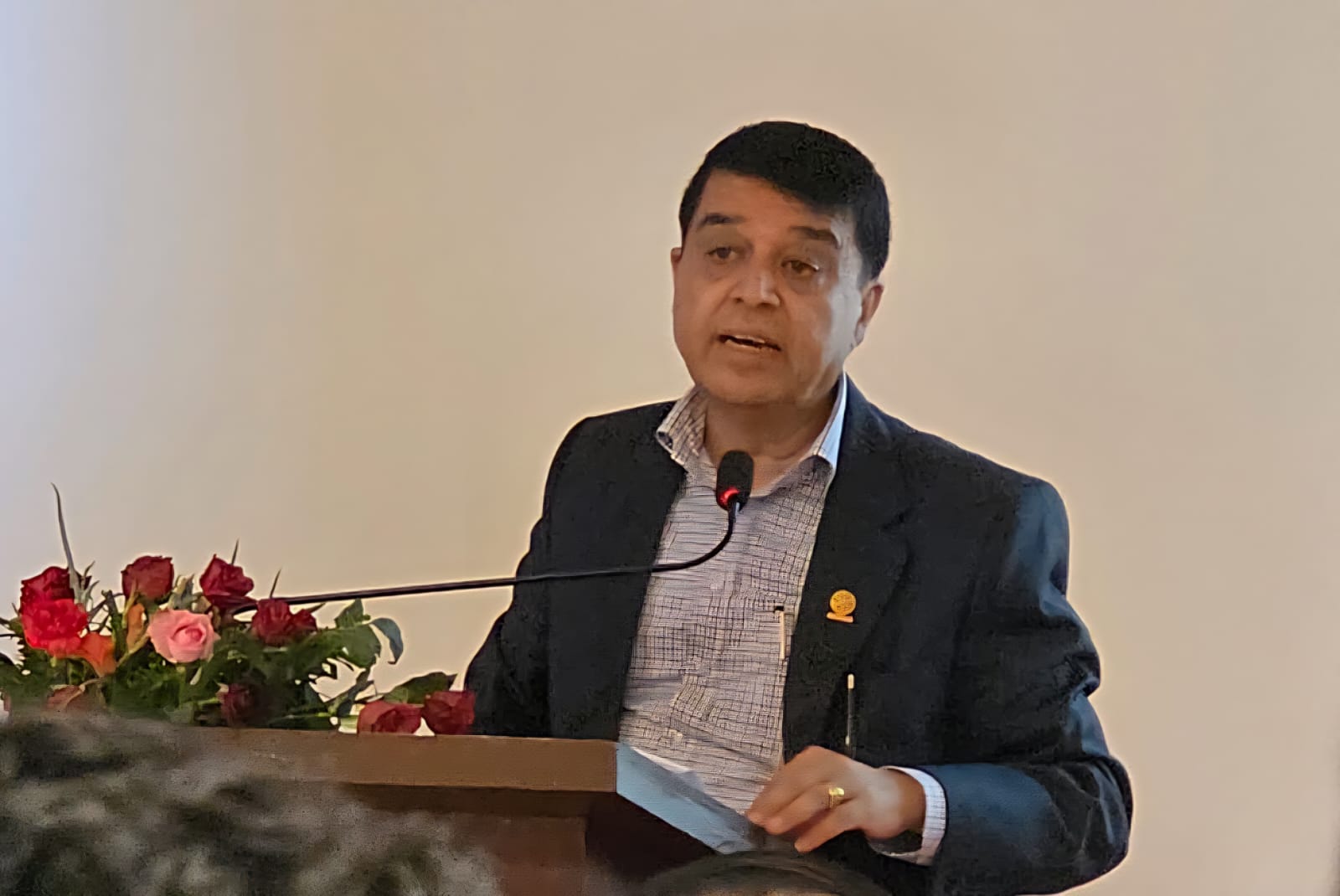

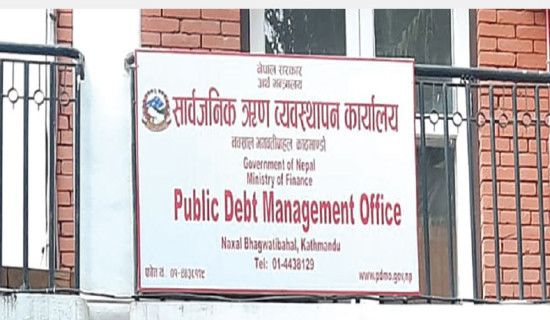
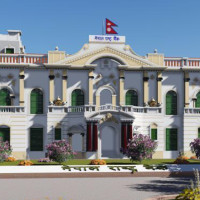


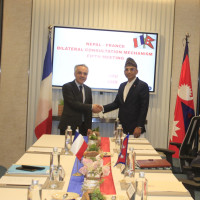
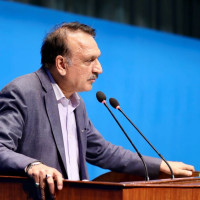
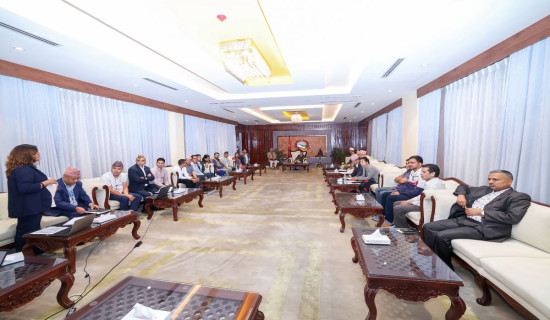

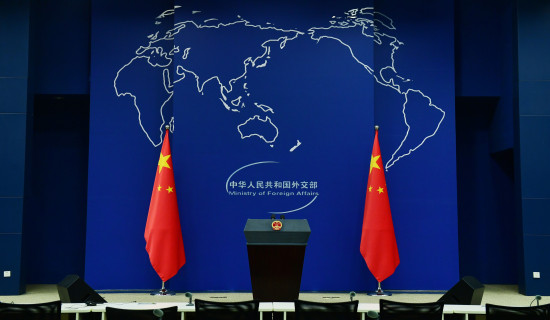
-original-thumb.jpg)

